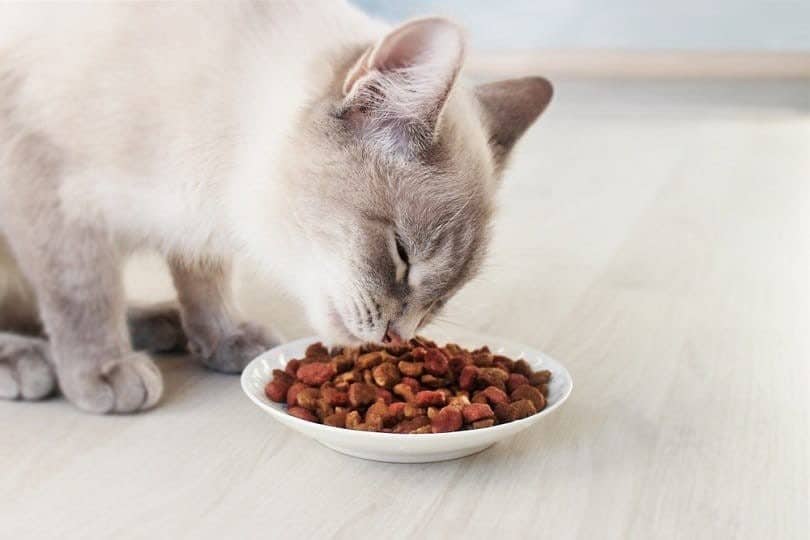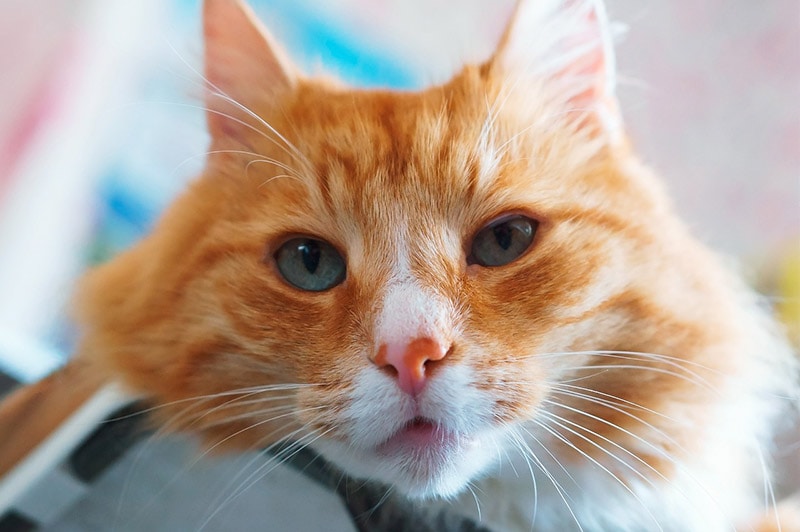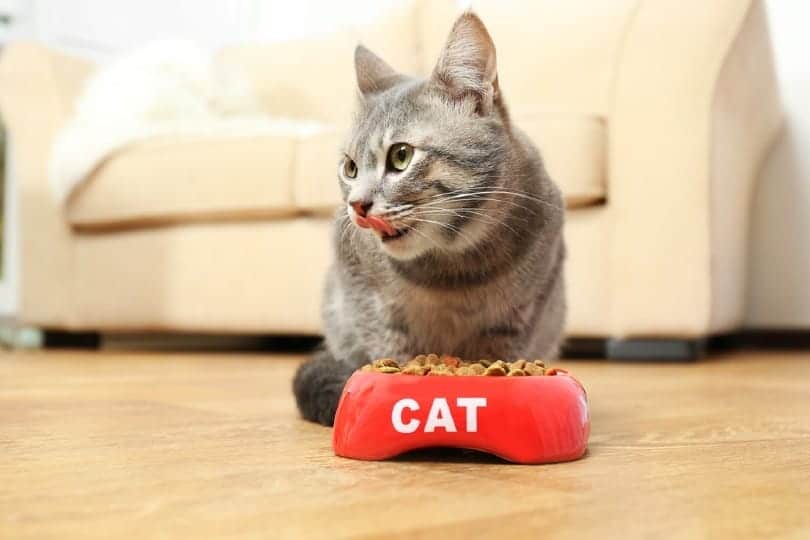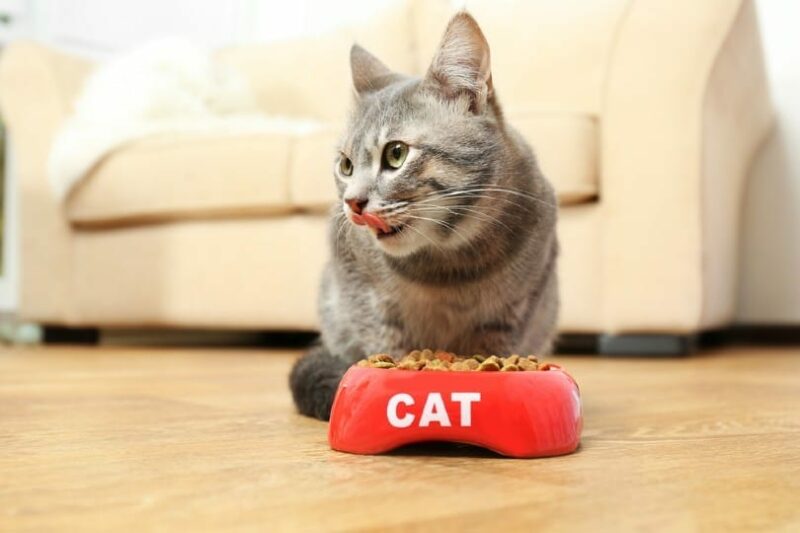Vitamin D, aka the “sunshine vitamin”, is essential for humans as it helps the body retain calcium to build stronger bones, reduces inflammation, and more.1 But does this vitamin do the same for felines? Do cats need Vitamin D?
The answer is yes, they do! Vitamin D is also essential to a cat’s well-being. But because our kitty friends have a difficult time producing this vitamin after exposure to the sun (unlike us), they have to get it in other ways.2 So, how can you ensure your cat gets enough Vitamin D, and how much does kitty need anyway?
Here’s what you need to know!

Why Cats Need Vitamin D (and How Much They Should Get)
As with humans, Vitamin D in cats plays a role in maintaining calcium levels in the body to aid in bone growth. Vitamin D allows the feline body to control how much calcium it absorbs from the intestine and how much calcium goes in and out of bones. That’s not all Vitamin D does for our feline companions, though! It also helps nerves and muscles function properly. And if cats don’t get enough Vitamin D in their diets, it can lead to health issues, such as bone disorders like osteomalacia, rickets, and heart disease.3
So, how much Vitamin D should our cats be getting to avoid deficiency and potential health issues? As stated by the Association of American Feed Control Officials (AAFCO), the minimum for adult cats is 280 IU, while the maximum is 30,000 IU.4 That’s a fairly large range, but it’s better to start on the lower side of it and work up to more if needed.

How Do I Give My Cat Vitamin D?
Ideally, cats should be getting their Vitamin D via their diet. If there isn’t enough to be found in their current cat food, but you don’t want to switch to another, you can try adding eggs, fish, or liver to their meals, as these foods are excellent sources of Vitamin D.
However, if you believe your pet is deficient in Vitamin D even with proper meals, you’ll want to visit your vet. Your vet can do bloodwork to test your cat’s mineral levels to find out if there is a problem. If there is an issue and a healthy diet isn’t doing the trick of raising levels, your vet may recommend a cat-specific Vitamin D supplement. Don’t give your pet human supplements unless the vet tells you to!
But for most felines, a good quality cat food containing Vitamin D and perhaps the occasional addition of a Vitamin D-rich food such as eggs should be enough.
Too Much of a Good Thing
One thing to know, though, is your cat can consume too much Vitamin D, resulting in Vitamin D poisoning. In most cases, this would likely happen if your pet decided to eat a ton of Vitamin D supplements or, more likely, got into rat poison. However, there have been instances of Vitamin D poisoning due to pet foods – store-bought or homemade – that weren’t formulated properly.
If your kitty takes in too much Vitamin D, you’ll see signs such as:
- Diarrhea
- Vomiting
- Lack of appetite
- Stomach pain
- Increased thirst
- Respiratory issues
- Kidney failure
Vitamin D poisoning can be treated, but this is definitely a situation where the quicker it’s diagnosed and treated, the better. So, be careful with the foods you give your cat and try to keep them away from rat poison and supplements.


Final Thoughts
Our feline friends absolutely require Vitamin D in their diets, as it helps their bones grow and stay strong. Vitamin D also helps muscles and nerves work as they should. And without Vitamin D, your cat could end up with health issues like rickets. The best way to ensure your pet gets its recommended daily amount of Vitamin D is by feeding it high-quality cat food that meets the AAFCO’s Vitamin D guidelines.
Just be cautious with Vitamin D, as it is possible to overdo a good thing, and Vitamin D poisoning is a possibility. In most cases, this would occur when your kitty gets into something it shouldn’t, but it has occasionally happened due to improperly formulated foods. If you have questions about Vitamin D amounts, it’s best to speak with your vet for guidance.
Featured Image Credit: Africa Studio, Shutterstock






